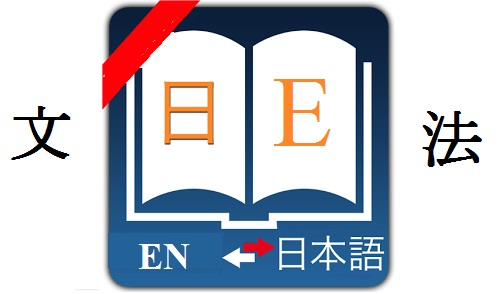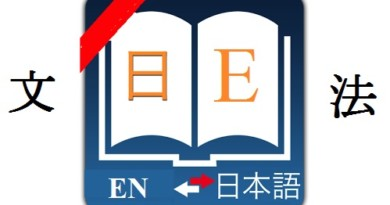Japanese もう grammar mou

Let’s learn Japanese もう grammar mou :
JLPT level : N5
Formation :
もう+time. age
もう+Negative form of verb or adjective
Meaning and how to use :
1. Describe “it’s the time (that has been mentioned before”. Usually means that the thing we are expecting comes earlier than we think. is usually used with the way of expressing time or age.
Only used with: もう+time, age
For example
君はもう二十歳じゃないか。怠けずに仕事を見つけてください。
kimi ha mou ni juu sai ja nai ka. Namake zu ni shigoto o mitsuke te kudasai.
You’re 20 years old, right?. Don’t be lazy anymore , it’s about time you found your job.
もう12時ですか。じゃ、昼休みにしましょう。
mou 12 ji desu ka. Ja, hiruyasumi ni shi masho u.
It’s 12 o’clock. Let’s take a lucnh break.
もう晩ですか。早いですね。
mou ban desu ka. Hayai desu ne.
IT’s evening. How fast.
もう12月です。忘年会を準備しなくちゃ。
mou juunigatsu desu. Bounenkai o junbi shi naku cha.
It’s december. We have to prepare for the year-end party.
2. Describe the meaning “The situation will be unacceptable if it goes over this limitation”. Is usually used when you express your emotion strongly, it can also be used in forbidance cases.
Only used with: もう+negative sentence
For example
彼がそんなに失敗して、もう言葉で宥めるのはいやだ。
kare ga sonnani shippai shi te, mou kotoba de nadameru no ha iya da.
He’s been do dissapointed that I’m tired of explaining by word.
こんなに故障するのは、もう無理だ。
konnani koshou suru no ha, mou muri da.
It’s ruined so badly that we can’t repaired
あの先生の退屈な授業を習うのはもうたくさんだ。
ano sensei no taikutsu na jugyou o narau no ha mou takusan da.
IT’s enough for us to study in such a boring lesson of that teacher.
3. Describe emotion of the speaker, he wants to criticize someone. Usually stands at the begining or at the middle of the sentence and is used in imtimate conversation. It’s often used by women. It’s used with “ったら” to emphasize the criticism.
For example
もう、君ったら。ばかばかしい話を言わないで!
mou, kimi ttara. Bakabakashii hanashi o iwa nai de!
Don’t tell me such odd stories anymore.
もう、貸したのに反すことを考えないのはどうしてですか。
mou, kashi ta noni hansu koto o kangae nai no ha doushite desu ka.
Son-of-a-gun, don’t you intend to give me back the money I lent you?
A:「あ、忘れちゃった。」
B:「もう。」
A: ‘a, wasure chatta.’
B: ‘mou.’
A: “Ah. I forget it”
B: “Really!”
Related structures :
もう mou
もう…だ mou…da
もう…ない mou…nai
もういい mouiii
above is Japanese もう grammar mou. if you don’t understand the signs we used in fomation, you can find their meaning here : signs used in Japanese grammar structures.
You can search the structure you want by using the search tool on our website (using key : grammar + ‘structure name’ or you can find more Japanese grammar structures in the following category : Japanese grammar dictionary
